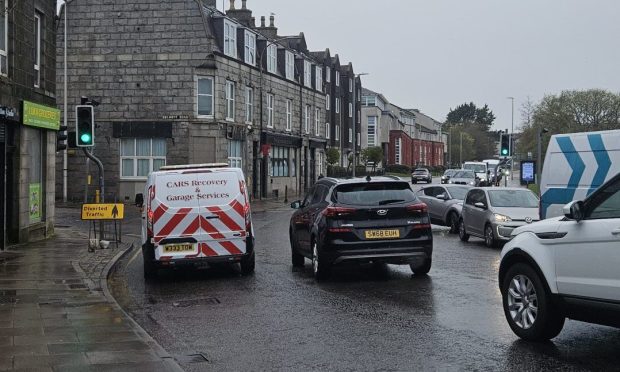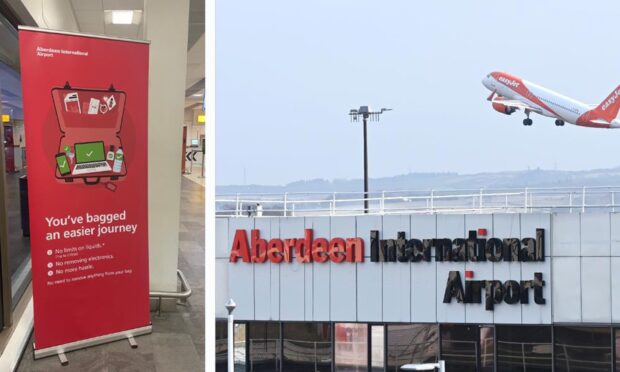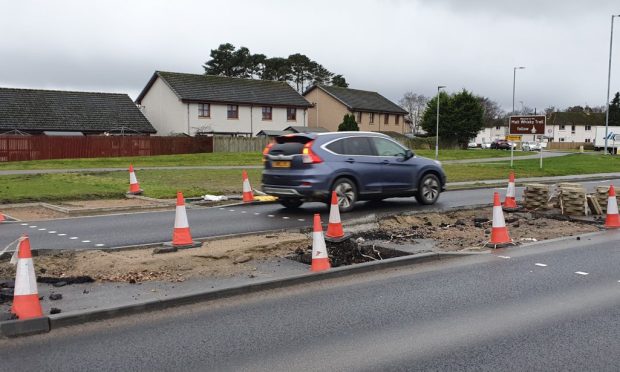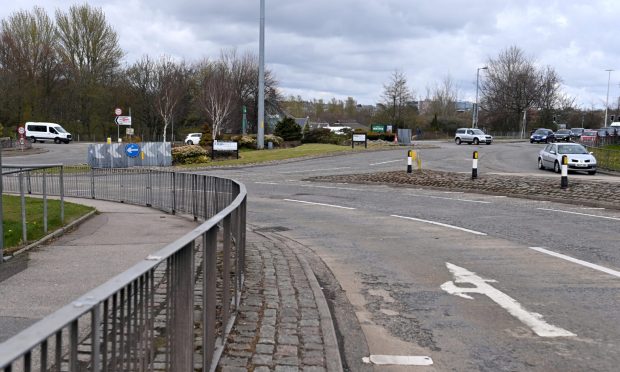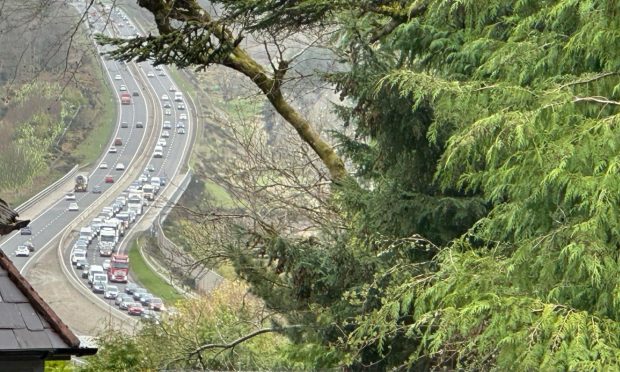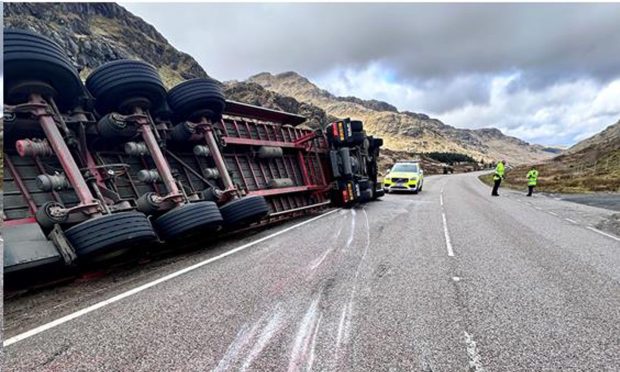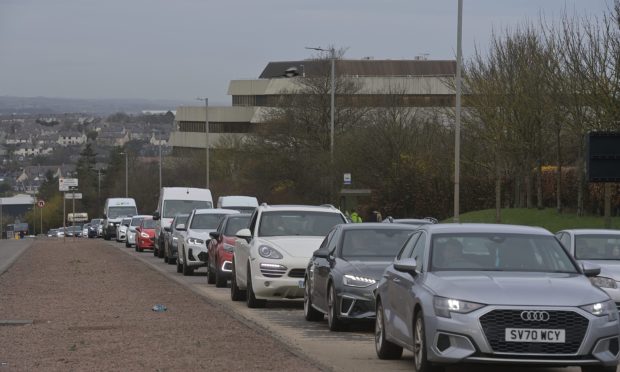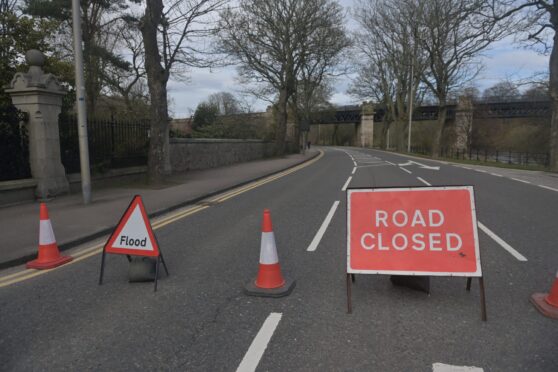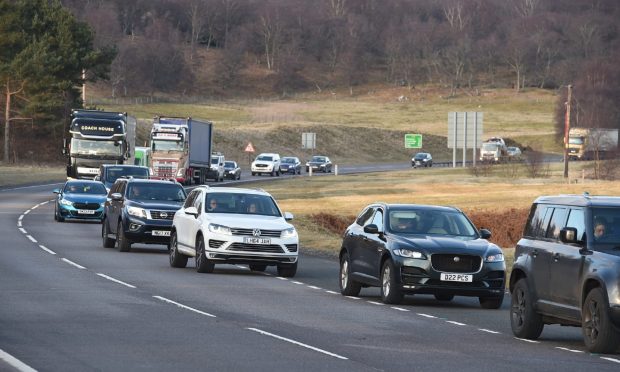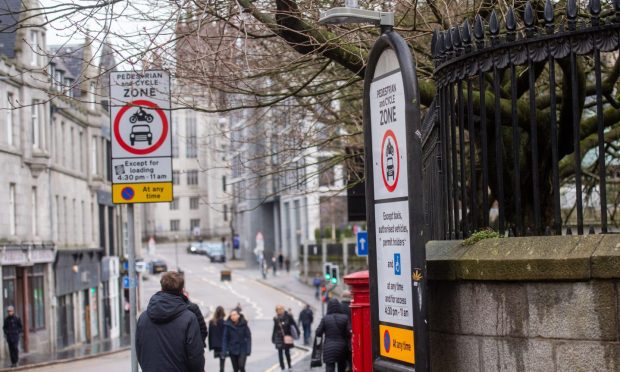People aged under 25 would have free bus travel under a Labour government in areas where local authorities introduce bus franchising or bring services under public ownership, Jeremy Corbyn has
told sixth-formers.
Launching a proposed scheme he said would cost £1.4 billion over five years, the Labour leader told students in Derby that “young people get a bit of a raw deal in life” and transport was a crucial part of remedying this.
Providing government funding to councils for free bus travel could help up to 13 million young people save as much as £1,000 a year, according to Labour.
The policy would be paid for using money ring-fenced from vehicle excise duty, Mr Corbyn said, as he visited Littleover Community School.
He was given a warm welcome by the sixth-formers who asked him questions about the Salisbury nerve agent attack, plans for a new centrist party, mental health policy and Brexit before cheering him with the “Oh, Jeremy Corbyn” chant as they posed for selfies.
Mr Corbyn told them: “We think that young people get a bit of a raw deal in life.”
He said: “We also think that transport is crucial but it’s also very expensive.
“What we’re proposing is to take some money out of the vehicle licence fund and put it into the bus service so that you will not have to pay until you reach the grand old age of 25, which is long way off for every one of you and a long way past for me.”
Later, Mr Corbyn said: “Where there are free buses for younger people – in London, for example – you get a much higher level of ridership, you get a continuation of ridership as they get older.
“They have a better life experience. They can go out and enjoy things, they can visit places and we want that same opportunity across the whole country.”
Our free bus travel policy for under-25s has gone down well in Derby. pic.twitter.com/hA8mnnKnmW
— Jeremy Corbyn (@jeremycorbyn) April 12, 2018
He said that because the £1.4 billion would be taken out of the vehicle licence fund it should be seen as a “transport transformation fund”.
Mr Corbyn said: “Young people deserve a break. Nearly eight years of Tory austerity have hit their incomes, their chance to buy a house and their career opportunities.
“Labour wants to help young people make the most out of life by investing in them, which is why today we are pledging the next Labour government will provide the funds to cover free bus travel for under-25s, to support them to travel to work, to study and to visit friends.
“Our policy provides help where it is most needed.”
Bus fares in England have risen by an average of 2.9% each year between 2012 and 2017 which is higher than the typical rate of inflation (2.3%), Department for Transport figures show.
The annual number of passenger journeys fell by 70 million or 1.5% in the year ending March 2017 compared with the previous 12 months.
Free bus travel will make a huge difference for under 25s but everyone in society will benefit from less congestion, reduced carbon emissions, cleaner air and sustainable public transport networks. 🚌🚍
— Andy McDonald MP (@AndyMcDonaldMP) April 12, 2018
Shadow transport secretary Andy McDonald, who accompanied Mr Corbyn as they arrived by bus at the school, said private bus companies should no longer be allowed to run services “for profit not people”.
He said: “We’ll encourage local authorities to take back control of their buses so they can provide a better and more sustainable service to young and old alike, wherever they live.”
A DfT spokeswoman said: “This Government is committed to supporting young people to play an active role in building a stronger society, and we have already committed to introducing discounted bus and train travel for apprentices.
“Local councils and bus companies know their passengers best, and many already use their legal powers to offer discounted fares for young people.
“In some areas, local authorities can also set the bus fares and routes for the benefit of their communities, thanks to our Bus Services Act.
“We want the bus industry to do all it can to make services more affordable for young people, but a national concession could lead to existing discounts being withdrawn with some young people potentially having to pay more at certain times.”

